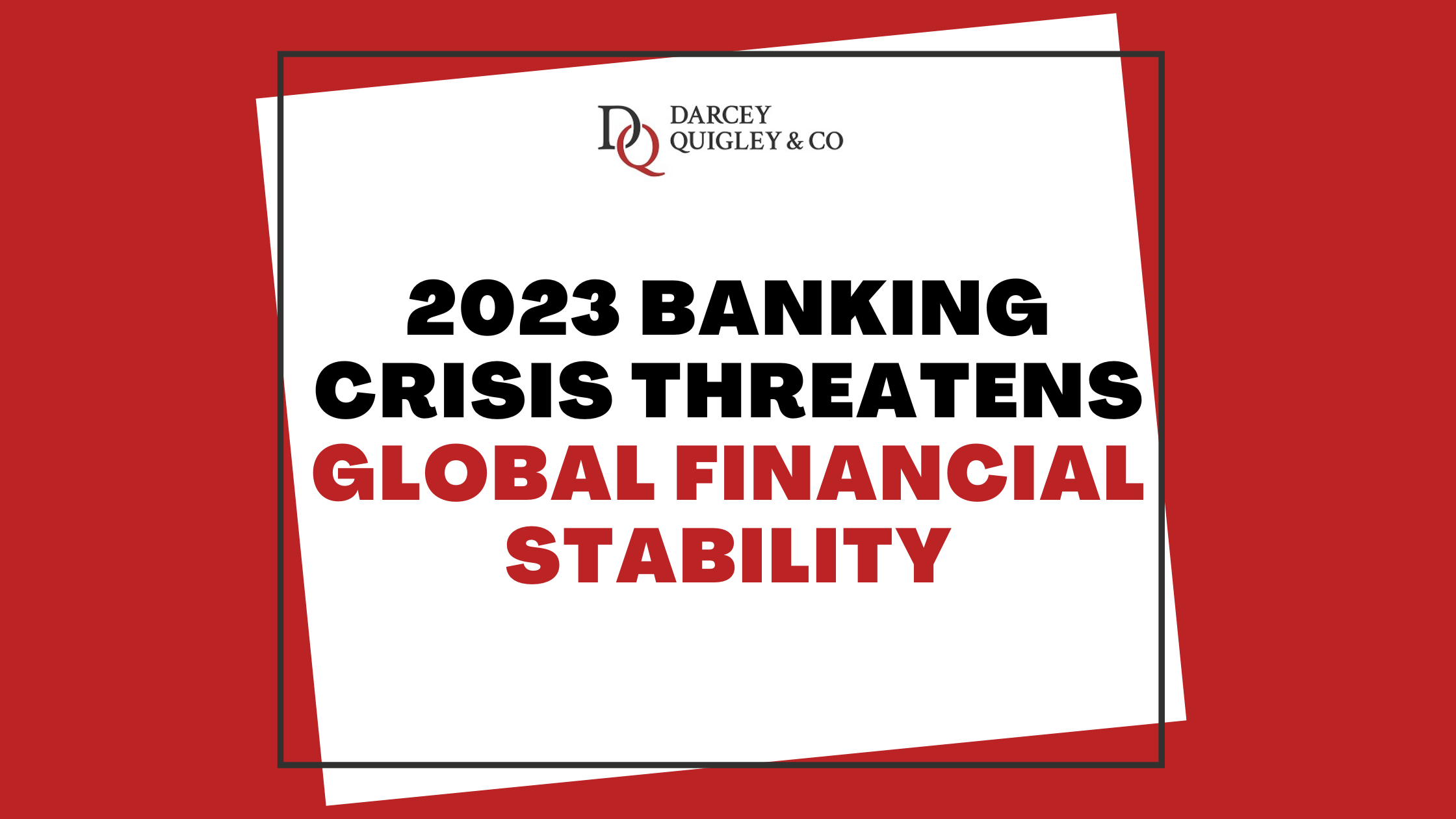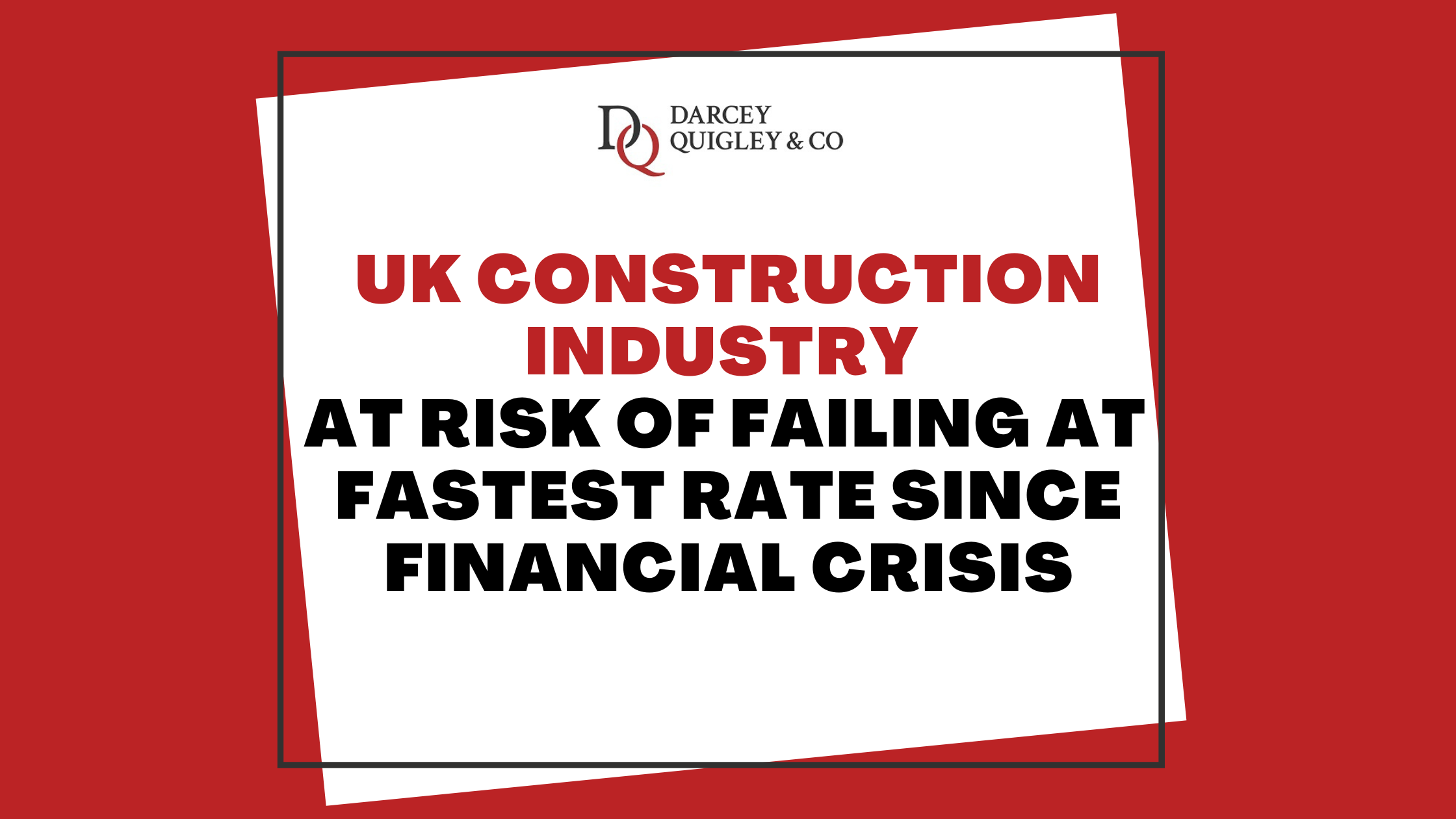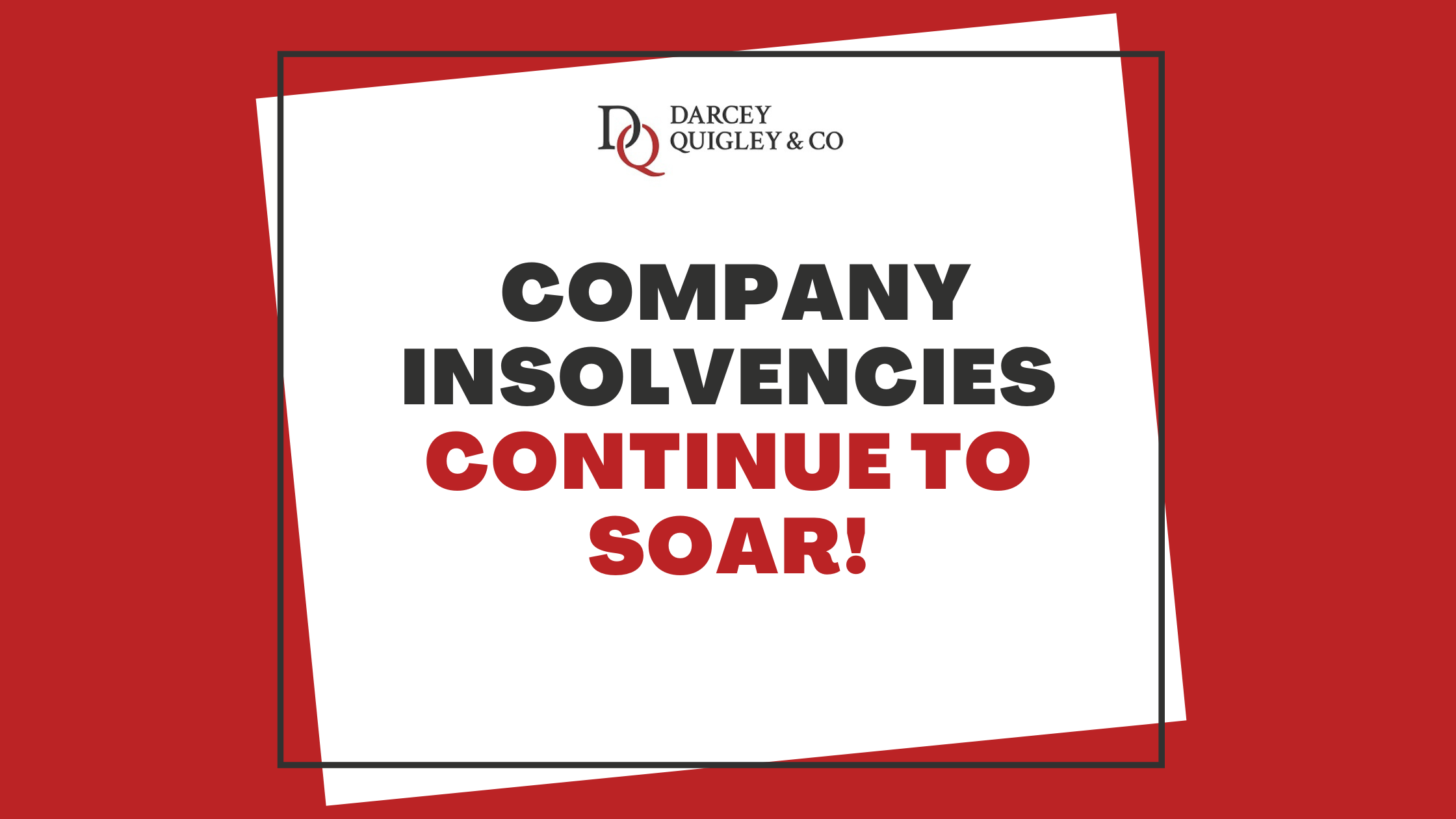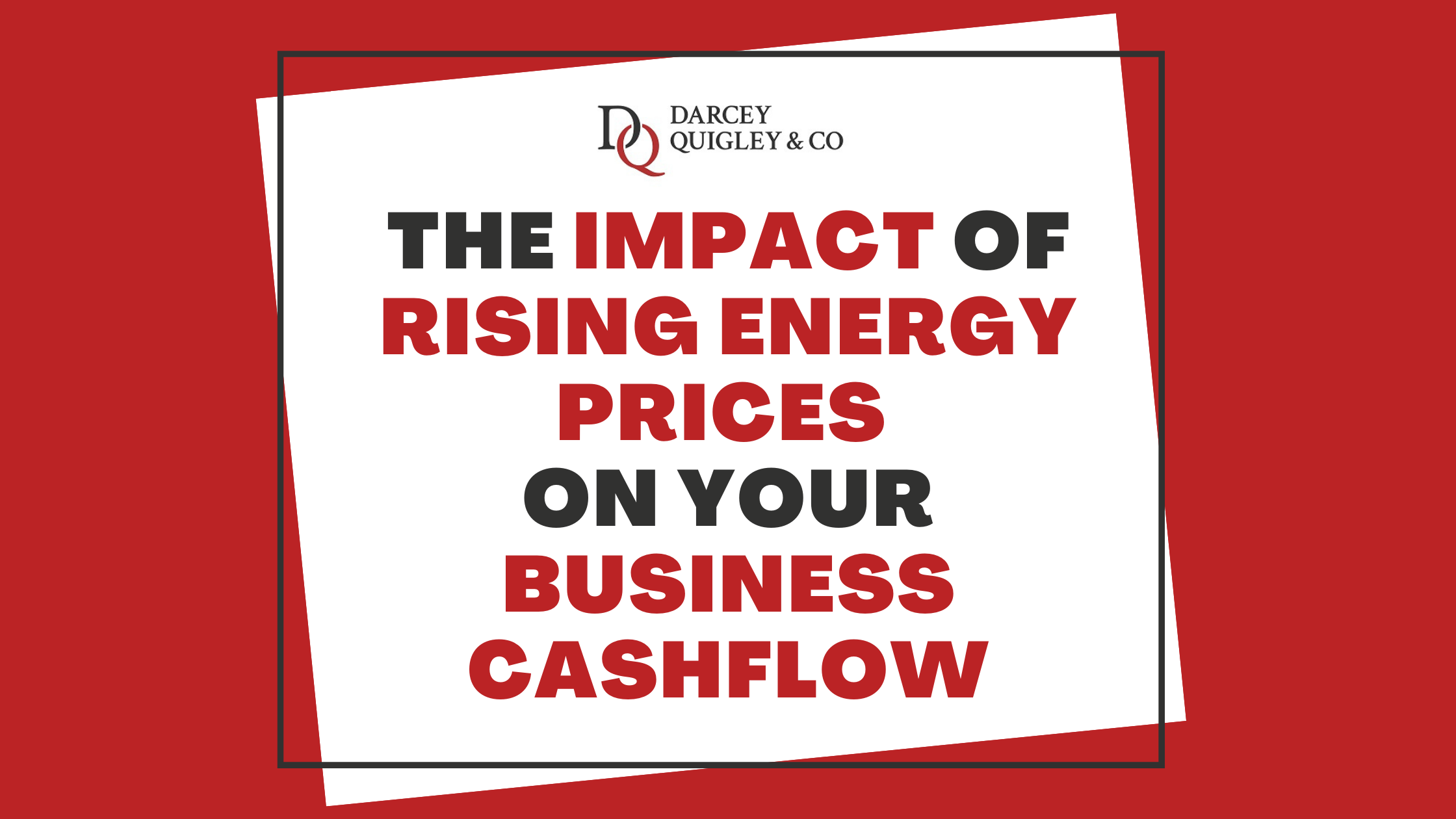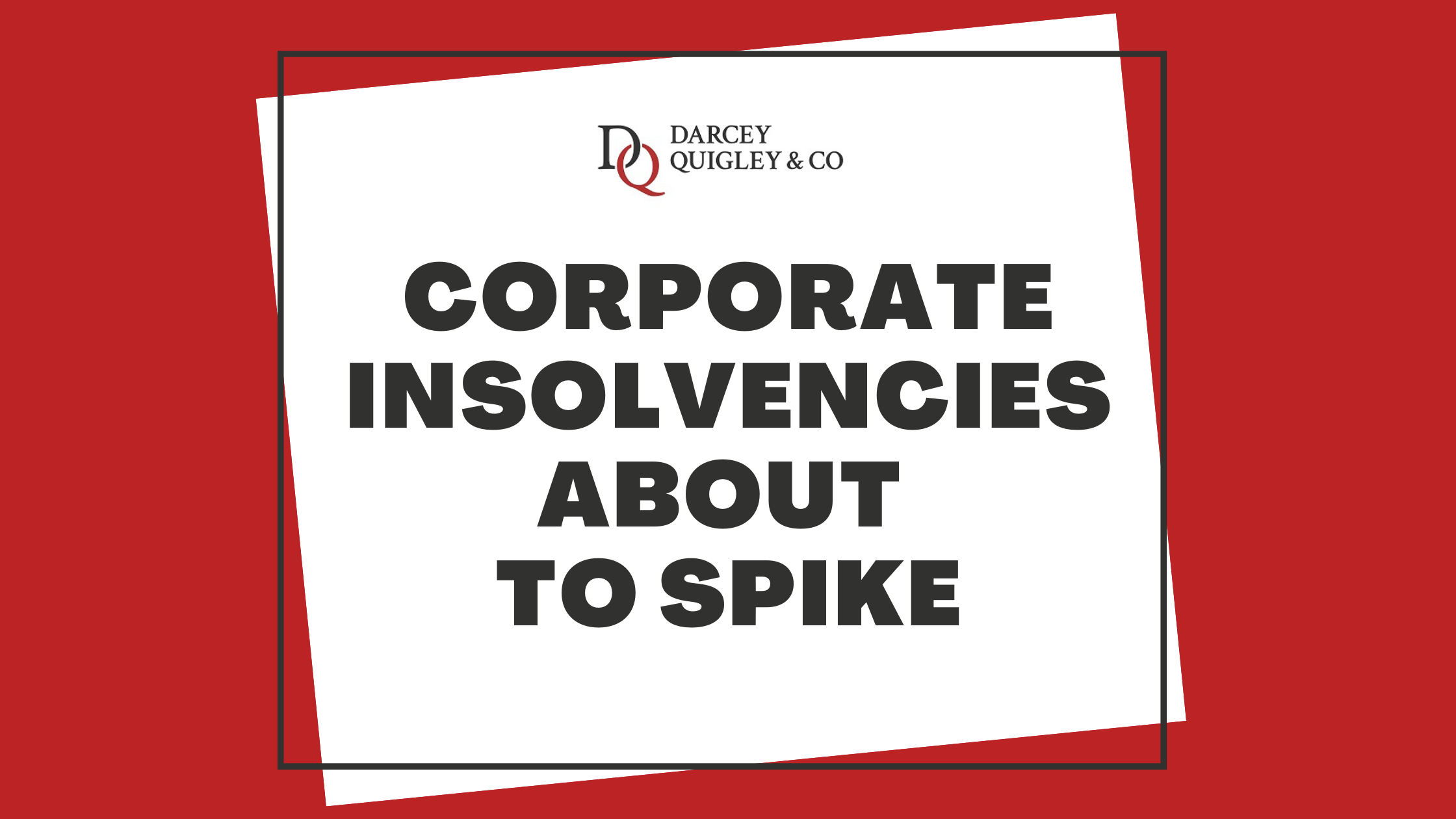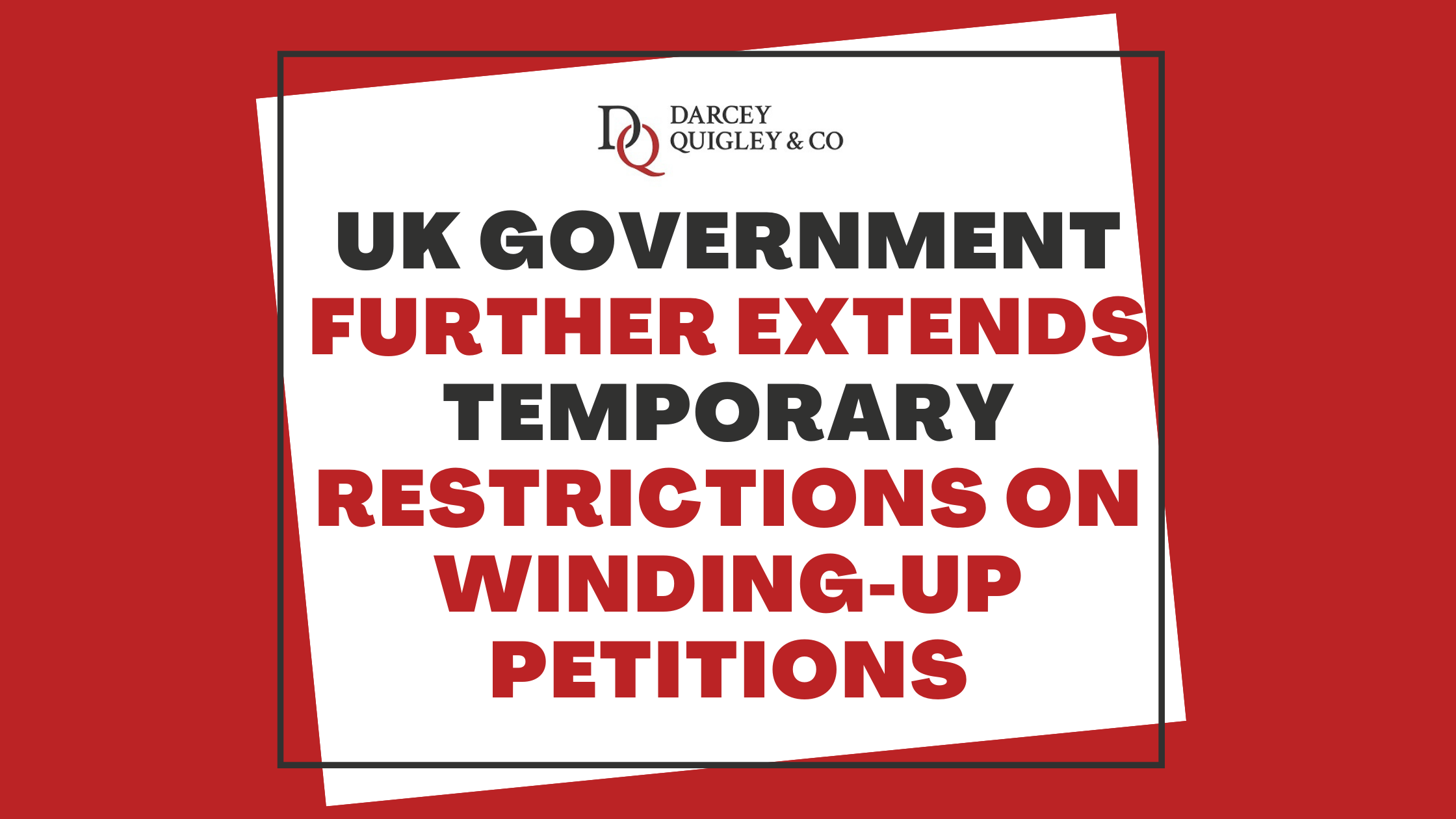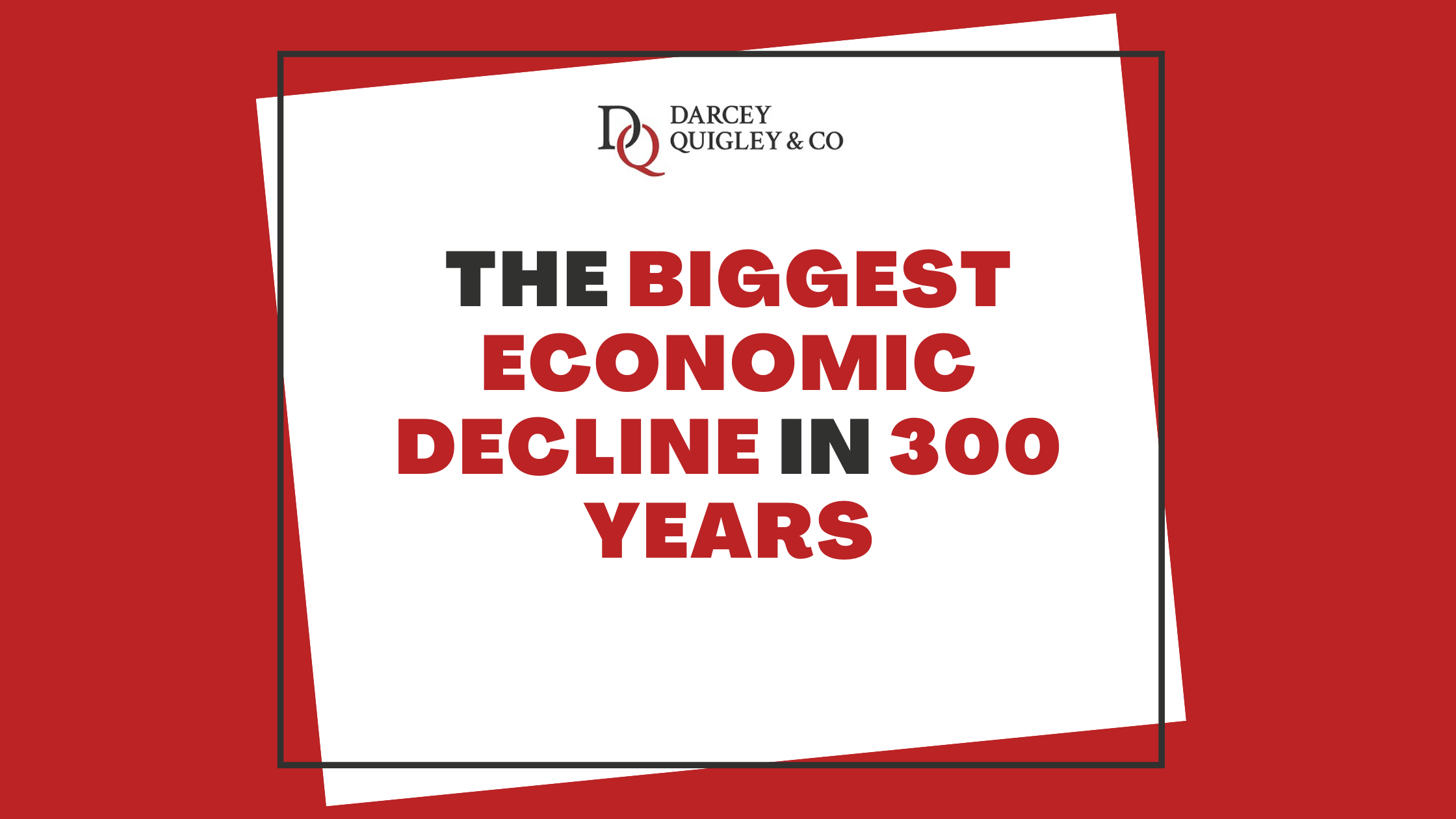Should Your Business Consider Additional Funding?
If you read my recent LinkedIn article ‘Should your business consider the coronavirus Bounce Back Loan?’ then you’ll know all about the government’s financial support scheme for businesses. But, what other support is available if you don’t qualify, or if you have already used the scheme? In this article, I explore alternative funding options to help give your business support to recover from the pandemic.
If you need funding over £50,000
The maximum loan amount available with the Coronavirus Bounce Back Loan Scheme is £50,000 but what does this mean for businesses who need access to a larger sum? In response to the many businesses who need access to larger sums, the UK government created another scheme called the Coronavirus Business Interruption Loan Scheme (CBILS). This scheme provides financial support to smaller and medium sized businesses allowing them to access up to £5 million.
The government guarantees up to 80% of the finance to the lender and covers all interest and fees for the first 12 months. You can get more information on the CBILS, how to apply, and your eligibility on the government website. Last applications for the CBILS are due by midnight on 30th September however, they may extend this current deadline to give businesses the opportunity to make the most of this loan.
If you have already used the Coronavirus Bounce Back Loan Scheme
If you are a business who has already used the BBLS, then you will need to consider alternative funding options. Under the terms of the Bounce Back Loan Scheme, businesses cannot apply for the scheme if:
- You have already used BBLS
- If you are claiming the Coronavirus Business Interruption Loan Scheme
- If you are claiming the Coronavirus Large Business Interruption Loan Scheme (CLBILS)
- Or if you are claiming COVID-19 Corporate Financing Facility
So, what other options are available to businesses who have already claimed or are not eligible for these government schemes? This is where businesses will need to consider additional funding from private companies. There are several private funding options available for businesses, each with their own terms and conditions.
Factoring
Factoring is a finance method where a company sells its receivables (i.e invoices) at a discount to get cash up front from a finance provider such as a bank or institution. Factoring usually works well for business owners that need access to money quickly and already have reliable customers with a history of paying invoices on time. However, the cost of factoring can often be higher than other types of funding often making it a short-term solution.
Venture capitalists
A venture capitalist is a private equity investor that provides funding to startups, early-stage companies, and companies that have high growth potential. Unlike a bank loan, you have no obligation to repay venture capital funds. This means that, even if you go out of business, you won’t be swimming in investor debt.
However, if you opt for venture capital funding, investors from the company where you received the money will own a stake in your company. Depending on the number of shares that are granted to the investors, they may have more control over business decisions and ultimately be able to influence the direction of your company.
High street banks
High street banks offer many funding options to businesses. High street banks can offer business loans from £500 t0 £5 million with interest rates ranging from around 7.4% to 12.4%. Generally, the shorter the loan terms are, the higher the interest and monthly repayments. What’s beneficial about using high street bank loans is that they often offer flexible repayment terms and a fixed repayment rate which means you know how much you’re expected to pay each month. You also retain full control of your business as you are not required to give up any company shares.
However, the downside to this is that any assets you use as security will be at risk should you fail to repay your loan. What’s more, if you default on your loan payments both your business and personal credit scores can be negatively affected.
Business grants
If you are a new business, there is likely a business grant out there that you will be eligible for. One of the major benefits of business grants is that you don’t have to pay the money back. However, you must match the eligibility criteria and often competition to get grants is strong. Many grants are decided at a local level and therefore it will depend on your unitary authority area. You can research potential available grants by browsing through the government’s finance and business support database.
What to do if you’re not getting paid on time
If your business is facing financial difficulty as a result of your customers not paying on time, then outsourcing to a commercial debt collection company might be an option to consider. If you are looking for a reliable collection company then get in touch with our team over at Darcey Quigley. We collect commercial debts on a no-win, no-fee basis giving your business a risk-free approach to collecting what you’re owed.
Additional funding options
In this article, I have shared a few ways you can acquire additional funding to support your business in this time of need. There are many more options not covered in this article such as crowdfunding and peer-to-peer lending that are also worth investigating. But before you commit to any financial support for your business it’s important to consider the pros and cons and take time to make sure you’re making the right choice.


